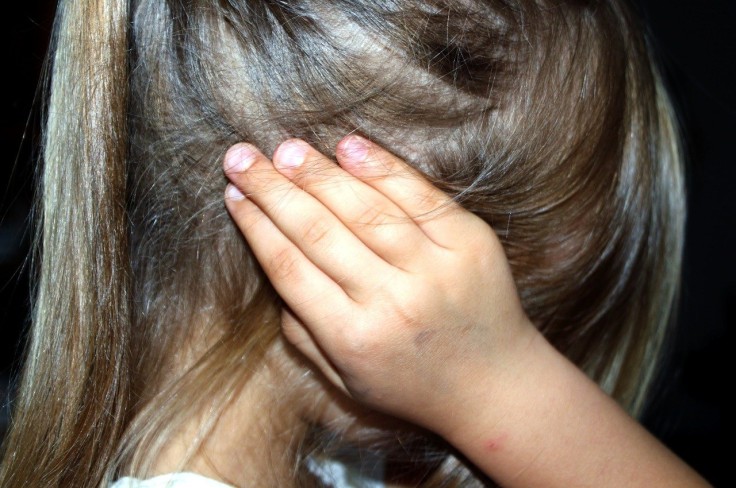
Students experienced less bullying in school at the height of the COVID-19 pandemic, as in-person classes were reduced and more students followed socially distant learning, a study has revealed.
A team of experts from Canada surveyed 6,578 kids from grades 4 to 12 to see how much of the patterns of bullying in school have changed or remained the same in the pandemic year. It comes as some 60 percent of the students said that incidents of bullying, whether physical or verbal, had been more pronounced before the lockdowns.
In the study published in the journal Aggressive Behavior, the experts determined that bullying incidents have dropped to 40 percent among the students during the 2020-2021 school year because they spent more time at home for their online classes. About 13 percent of the students also admitted that they stopped bullying other students because of what's happening in the pandemic.
If there were in-person classes, the reduced number of students also made it easier for the teachers to oversee and watch out for opportunities that could trigger bullying behavior. Even cyberbullying slightly dipped because the teachers can see all of the interactions in the Zoom chatrooms, or the children have their parents within their reach as they have also been working at home.
It has prompted the experts to recommend an educational reform and strike while the iron hot. They said that it might be better to keep the same system used to curb the spread of the virus, such as "reducing class sizes and increasing supervision," to also manage bullying in school.
Some Bullying Patterns Reinforced
Despite the promising results, the study also showed that certain patterns of bullying, which have occurred before lockdowns, continue to exist despite the reduction of in-person activities in the last school year. Among these patterns include girls likely reporting to the teachers that they were being bullied, and a higher rate of bullying among LGBTQ+ students.
However, the experts believe that with consistent supervision from the adults, as tested during the pandemic, there will be lesser chances for the students to bully each other.
"We've long known that supervision decreases bullying," Tracy Vaillancourt, the study author said. "Online is good for kids who aren't managing the school system," she added. Vaillancourt is from the University of Ottawa and Canada Research Chair in School-Based Mental Health and Violence Prevention.
Masking to Increase Bullying
In light of the study's recommendation, schools in North America are preparing to return to in-person classes. In the U.S., parents expressed concern that the mask mandate from the Centers for Disease Control and Prevention (CDC) for unvaccinated children might impact the children socially.
Some parents said that unvaccinated children may become the target of bullying and if the teachers have problems enforcing and supervising the children on wearing their masks, it could spring more trouble in the classrooms as well. Pediatrician Dr. Robert Keder sees the point of the parents because adults are also bullying each other over the face masks. Experts said that a consistent school policy and reinforcement is key to stopping such bad behaviors and breaking down expectations.
"No tolerance for bullying should extend to masks," one expert said.